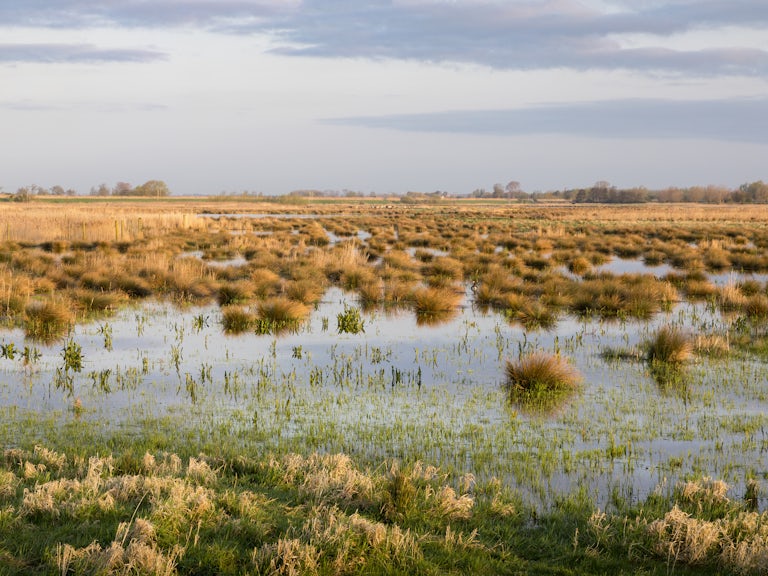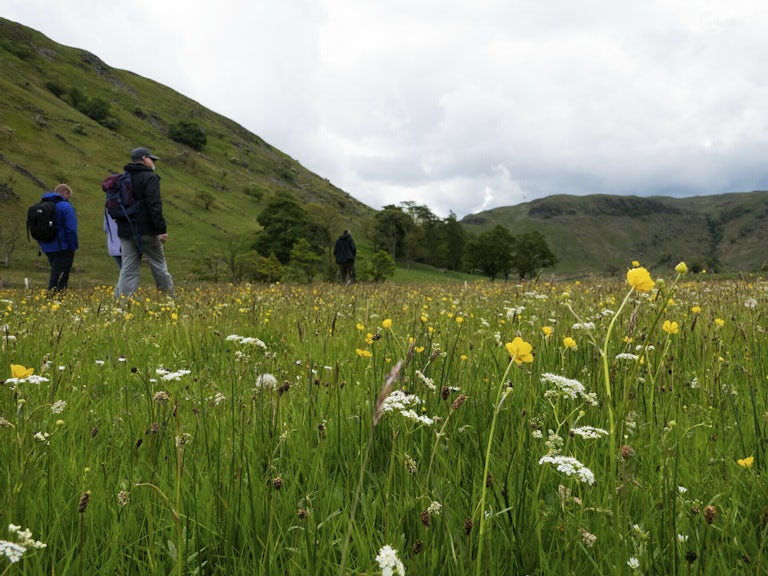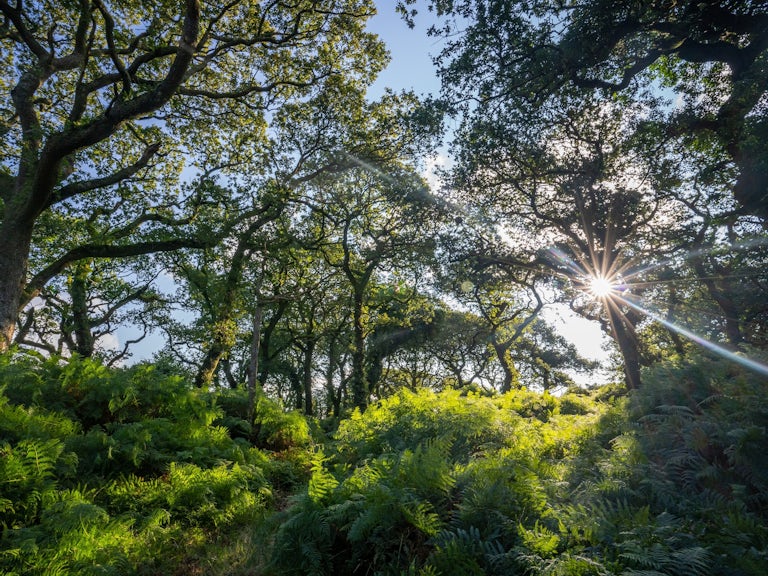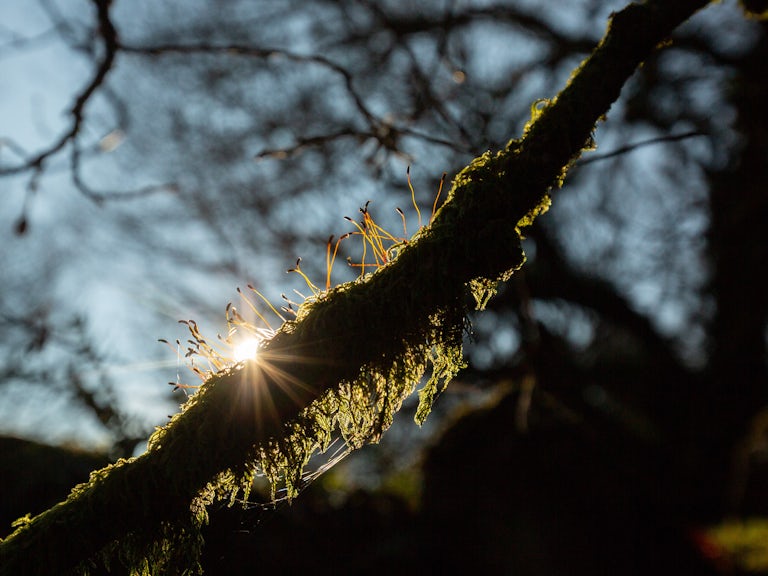The climate talks need to get wilder
While COP26 has started to bring nature into the fight against climate breakdown, Rewilding Britain’s Guy Shrubsole argues that governments need to do much more to protect, restore and rewild the living world.

Published 09/11/2021
“There’s lots of talk about planting trees and much less about unleashing nature’s power to regenerate.”
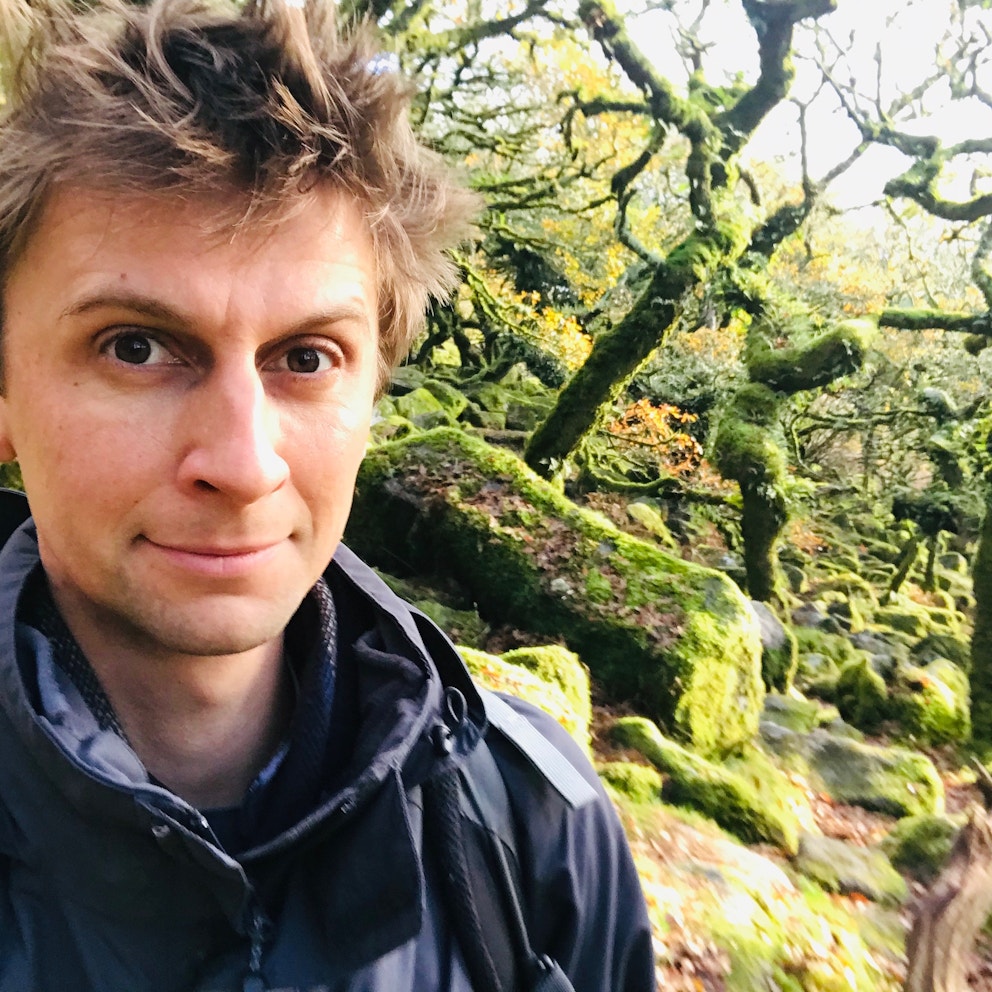
Guy Shrubsole
Policy & Campaigns Coordinator, Rewilding Britain
Last week at the COP26 climate talks, I was delighted to spot an eight-foot-long avocet making its way along the streets of Glasgow.
Admittedly, it was papier-mâché and held aloft by protestors on the climate march. But it was a welcome reminder of how vital nature is in resolving the climate and species extinction crises. As we’ve said before, nature is our best ally in the fight against climate change – and rewilding has a key role to play in helping draw down carbon from the atmosphere and lock it up in natural carbon sinks.
Having attended the Copenhagen Climate Summit back in 2009, which ended in acrimony and failure, I approach COPs with a sense of dread: another year gone, another year wasted. But watching from afar this week, I did experience a sense of hope. It felt like the ‘ratchet mechanism’ set by the 2015 Paris Accord
– obliging nations to bring forward new emissions pledges every five years that are more ambitious than the previous – is starting to kick in.
Amongst a blizzard of announcements, some of the most encouraging included a new declaration from India promising to reach net zero by 2070; a set of pledges to phase out coal burning
in heavily coal-dependent countries; a commitment from 20 states, including the US and UK, to stop all overseas financing of fossil fuels; and a ‘global methane deal
’ to slash emissions of one of the most powerful greenhouse gases.
ACTION ON FORESTS
But perhaps the most exciting announcements of all were on forests. As UK Environment Minister Lord Zac Goldsmith has said , “it’s mad that nature has always been more or less forgotten” in the climate negotiations. So it was great to see him unveil pledges to halt and reverse global deforestation, backed with some serious funding, including £1.2 billion for indigenous peoples (who protect 80% of the world’s forest biodiversity ) and £8.75 billion in overall public funding to protect forests.
Even so, as Prime Minister Boris Johnson said , the aim should be “not just to protect the forest but to ensure our forests return”. We need to restore and rewild our forests. And, whilst halting tropical deforestation is utterly essential, we must also remember that, over centuries, here in Britain we have cut down most of our wild woods too. We need to reforest Britain.
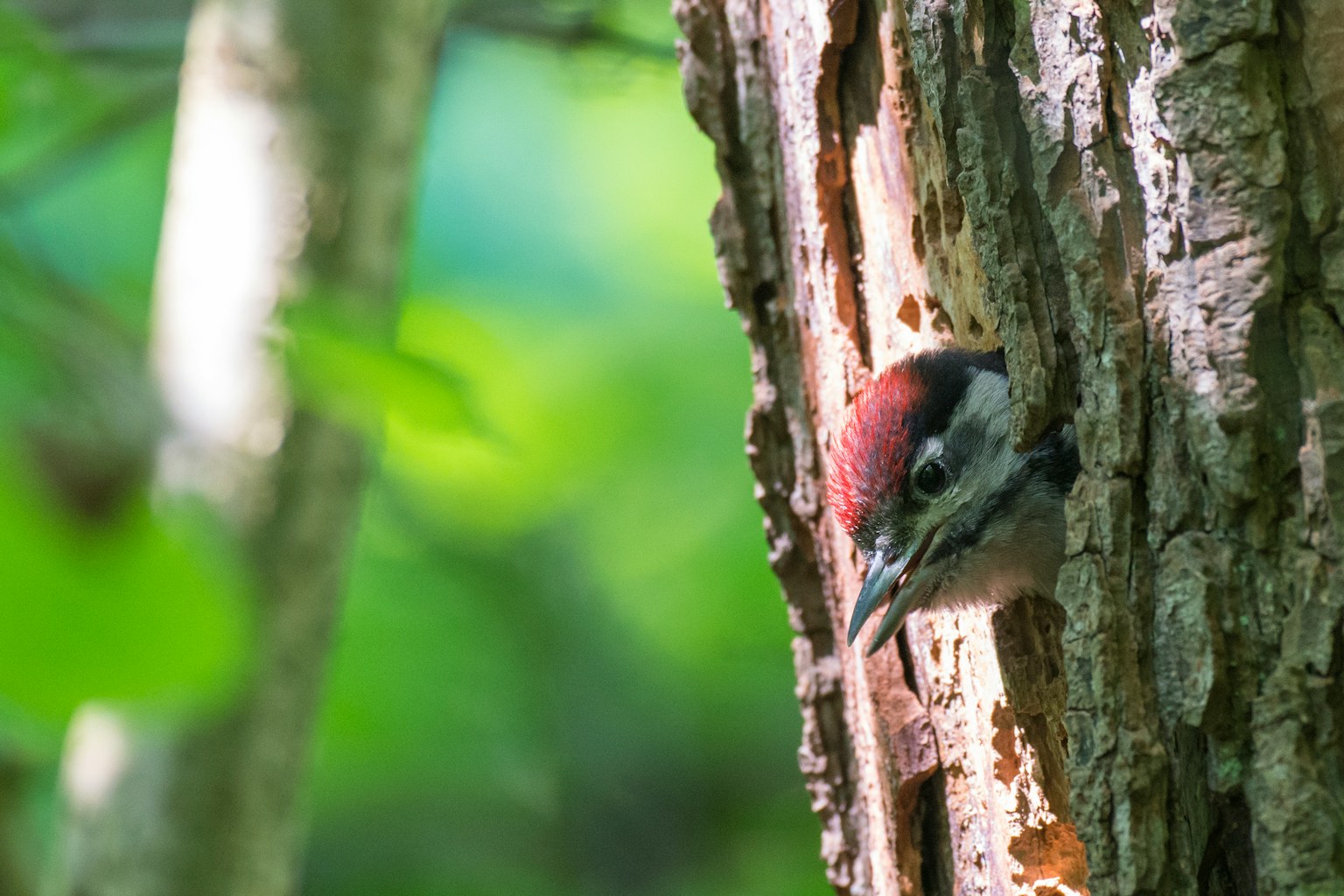
One of the best ways of doing this is to allow trees to naturally regenerate and spread. Rewilding Britain’s recent analysis with Friends of the Earth found that allowing existing broadleaved woods to naturally regenerate could create over a million acres of new woodland in England alone. There was lots of talk at Glasgow about planting trees but much less about unleashing nature’s power to regenerate.
And whilst we welcome COP26’s statement supporting a ‘Just Transition’ to net zero – with the UK signed up – it’s disappointing that there’s no mention of the vital role of rural and coastal communities can play in this. As we argued in our recent report, rewilding and the creation of a broader Nature-Based Economy can generate jobs and make rural and coastal areas more resilient. Yet most discussion of ‘just transition’ still focuses on jobs in energy and industry.
CRUNCHING THE NUMBERS
The announcements from Glasgow aren’t enough. Pledges are often broken and delivery is the only measure that matters. But these commitments, if implemented, are at least starting to bend the curve. The International Energy Agency
has done the maths and says that, for the first time, emissions pledges would take the world to below two degrees of warming.
Others remain more cautious, and a vast gap still remains if we’re to get the global temperature rise down to 1.5 degrees, the lower target in the Paris deal. Even so, there’s progress: it wasn’t that long ago that the world’s failure to act put us on course for an apocalyptic four degrees of warming
.
The most important thing now is to build on the momentum generated, by obliging nations to come back every year with more ambitious climate commitments, not just every five.
“If the UK and devolved governments are to live up to their commitments to 30% by 2030, they need to take action to protect, restore and rewild the living world.”
WHAT COMES NEXT?
While Glasgow’s pledges on deforestation are welcome, we also need action to protect and restore peatlands, wetlands, mangrove swamps and marine ‘blue carbon’ – both in the UK and globally, too.
That’s why I think people should care just as much about another COP set to take place in May 2022 – COP15 in Kunming, China, the 15th Conference of the Parties to the Convention on Biological Diversity. These global biodiversity talks have become the poor cousin to the world climate talks, but they demand scrutiny from the public, or nature will continue to be an afterthought for governments everywhere.
The PM has pledged to rewild
parts of our country. Sir David Attenborough has urged us all to “rewild the world
”. I believe Glasgow was just the beginning: let’s roll up our sleeves and get to work!
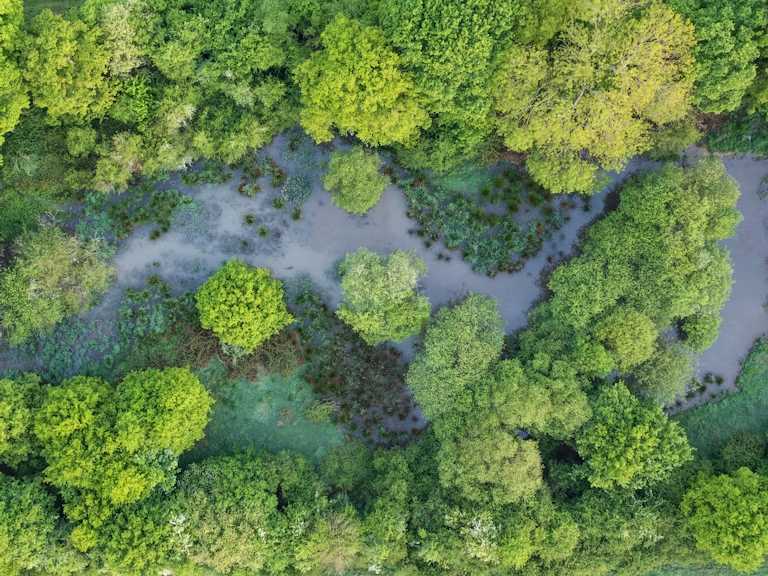
Explore our Rewilding Manifesto
We need UK Government to Think Big and Act Wild for nature, people and planet.
Learn more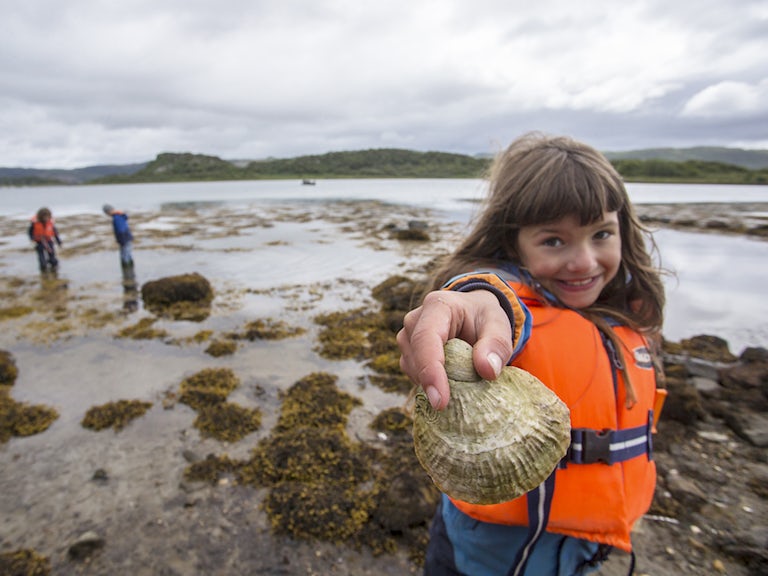
Our vision
We have big ambitions. Find out what we’ve set out to achieve through rewilding.
Our 2025-2030 strategy
